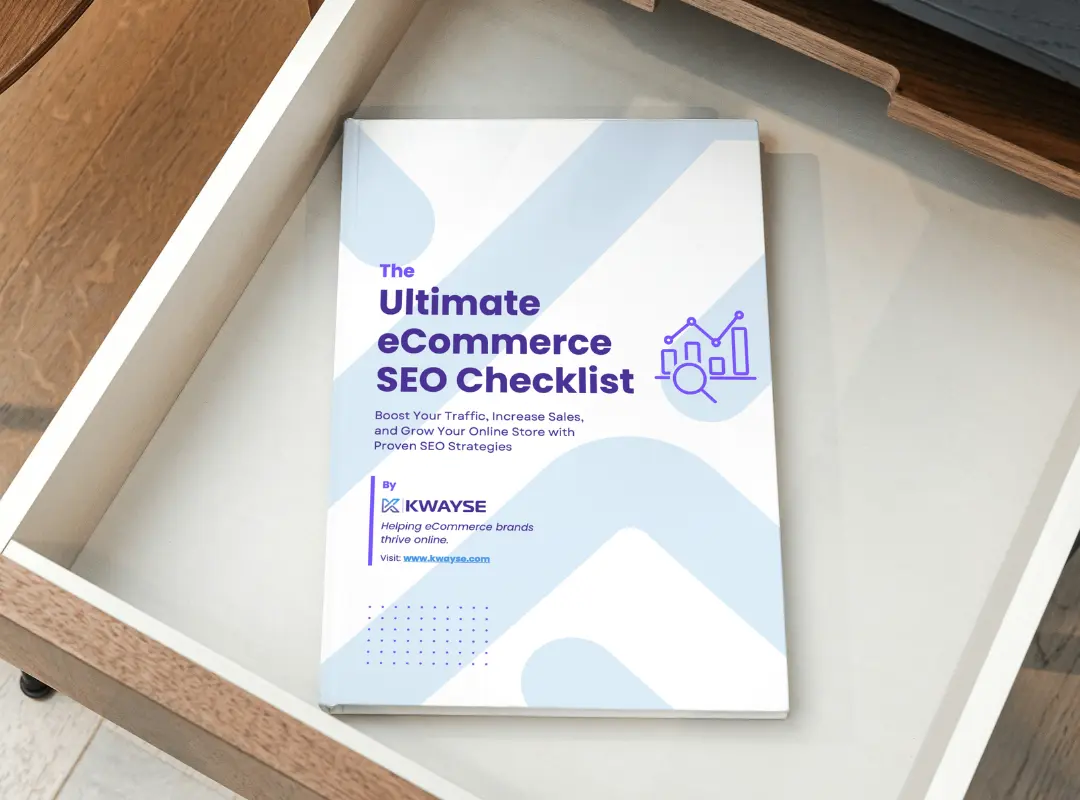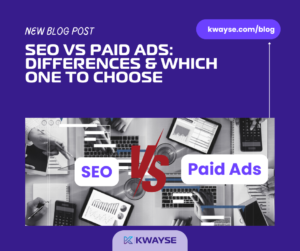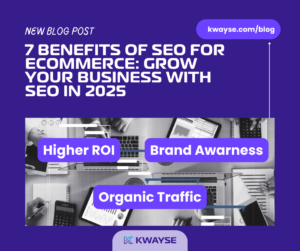Table of Contents
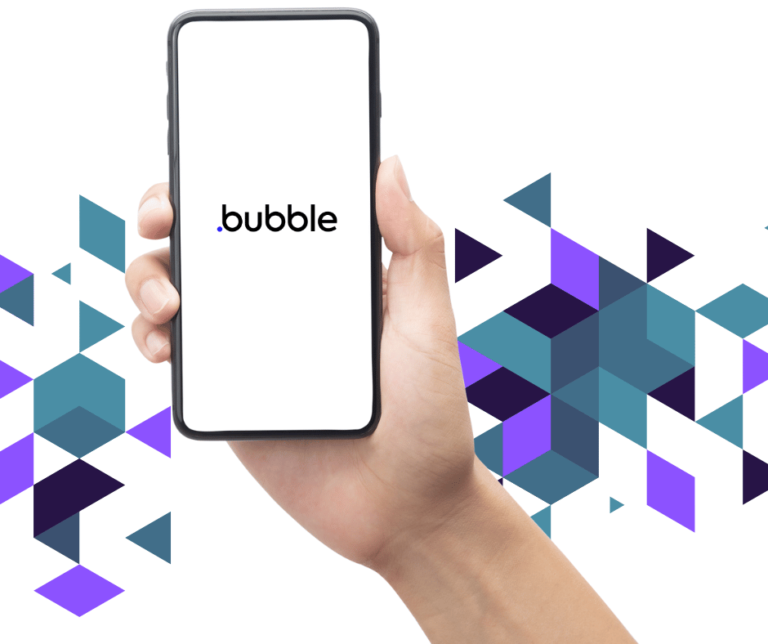
Bubble is a fantastic app builder that allows users to build so many great projects. But if there’s one thing it lacks, it’s the ability to build native mobile apps. In fact, you can’t (currently) build native mobile apps on Bubble. But this inability will soon be a thing of the past. Read on to find out more.
What is a native mobile app ?
A native mobile app is an app made specifically for a certain type of phone or tablet, like an iPhone or an Android device. It’s built using the special tools and languages that work best for that device.
Key Points:
- Made for One Type of Device: A native app is built to work perfectly on one specific type of device, like iPhones or Android phones.
- Fast and Smooth: Since the app is designed just for that device, it runs faster and more smoothly.
- Uses All the Device Features: Native apps can easily use things like the phone’s camera, GPS, and microphone.
- Looks and Feels Right: The app follows the design rules for the device, so it looks and feels like other apps on your phone.
- Works Offline: Once you download the app, you can often use it even without the internet.
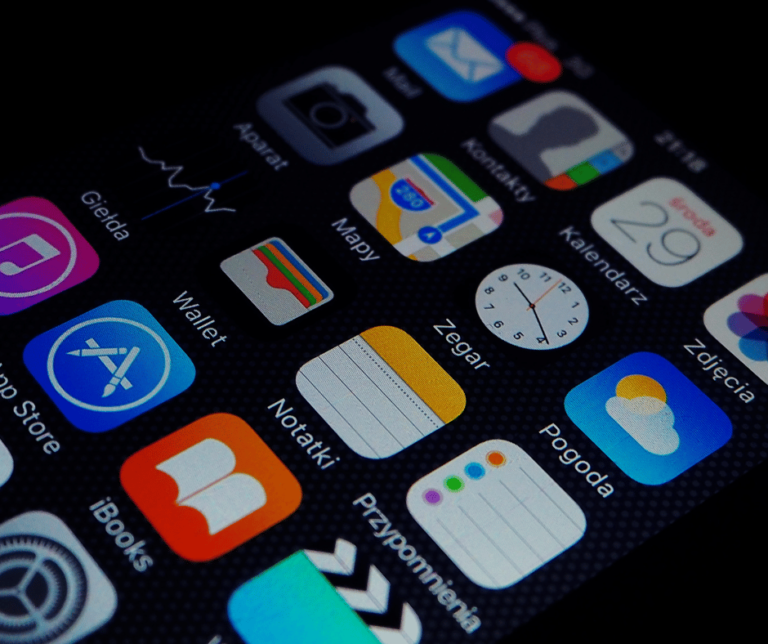
What is the difference between a non-native mobile app and a native mobile app ?
The difference between a native mobile app and a non-native mobile app (often called a cross-platform or hybrid app) lies in how they’re built and how they perform on different devices.
Native Mobile App:
- Platform-Specific: Native apps are built for one specific operating system (like iOS or Android). For example, an app made for iOS will only work on iPhones and iPads.
- Programming Languages: Uses the specific languages and tools for that platform. For iOS, it’s Swift or Objective-C; for Android, it’s Kotlin or Java.
- Performance: Usually faster and more responsive because it’s optimised for one type of device.
- Device Features: Easily accesses all the phone’s features, like the camera or GPS.
- User Experience: Feels more natural and fits the device’s design style.
Non-Native (Cross-Platform/Hybrid) Mobile App:
- Works on Multiple Platforms: A non-native app is designed to work on different operating systems (iOS, Android, etc.) with the same codebase.
- Programming Languages: Often built using web technologies like HTML, CSS, and JavaScript, or frameworks like React Native or Flutter that allow one codebase to run on multiple platforms.
- Performance: May not be as fast or smooth as native apps because it’s not fully optimised for one specific device.
- Device Features: Can access many device features, but sometimes with limitations or extra work needed.
- User Experience: Might not feel as seamless because it’s designed to work on various devices, not just one type.
What are the benefits of a native mobile app over a non native one ?
A native mobile app is like a custom-built tool for a specific device, offering faster performance, a more seamless user experience, and better access to all the device’s features. It’s the best choice when you want your app to be top-quality and fully optimised for the platform it’s built for. Let’s have a look at the details of its benefits:
Better Performance:
- Speed and Responsiveness: Native apps are faster and more responsive because they are built specifically for the device’s operating system. They can handle complex tasks and graphics smoothly.
Optimised User Experience:
- Consistent Design: Native apps follow the design guidelines of the platform (iOS or Android), making them look and feel more natural to users. This leads to a better and more intuitive user experience.
- Instant Feedback: Because they’re optimised for the device, actions like scrolling, animations, and navigation feel smoother.
Full Access to Device Features:
- Advanced Capabilities: Native apps can use all of the device’s features, such as the camera, GPS, accelerometer, microphone, and more, without restrictions. This allows for more complex and integrated app functionalities.
Offline Functionality:
- Work Without Internet: Native apps can store data directly on the device, allowing them to function even when there’s no internet connection.
Enhanced Security:
- Stronger Protection: Native apps can take advantage of the device’s built-in security features and updates, providing better protection against threats.
Better Integration with the Operating System:
- Seamless Updates: Native apps can easily integrate with the latest updates and features of the operating system, ensuring that the app stays up-to-date with new device capabilities.
Push Notifications:
- Direct Notifications: Native apps can send push notifications directly through the OS, ensuring reliable delivery and better engagement with users.
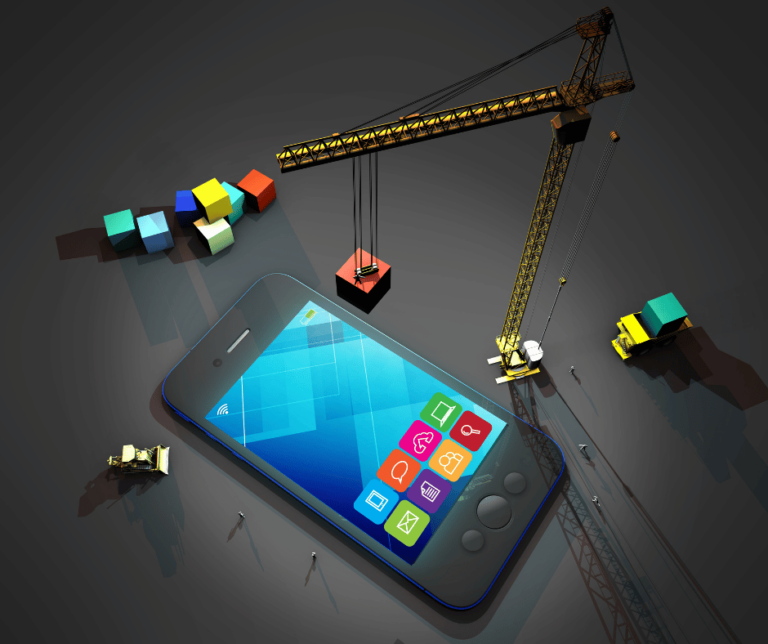
Can you build mobile apps on bubble?
As we have seen, it is not yet possible to create a native mobile application with bubble. However, it is still possible to create non-native mobile applications. There is an extension for bubble called BDK. It extends bubble’s mobile app creation capabilities and makes it simpler. With this extension, it’s possible to have all the native functions of a mobile application, such as:
- Push Notifications
- Touch ID, Face ID, Biometrics
- In-App Purchases
- Access to Device GPS
And more
But although this extension is extraordinary, it comes with limitations in terms of performance, customization, and potential costs. If you need a highly optimised, fully native app with advanced features, a custom native development approach is more suitable.
Bubble’s big announcement: Building Android and IOS native apps is coming soon
At its 2023 convention, Bubble announced that it would soon be able to build native mobile applications with bubble. This will mean big changes for bubble developers, as they will no longer have to use third-party plugins or go through another platform. This (great) new feature will allow any bubble development agency to centralise their services. But it will also make bubble an even more versatile and powerful tool than it already is.
In conclusion
Bubble is a no-code platform for creating web app and non-native mobile applications. We have seen that native IOS and Android applications are better than non-native ones. Until now, you had to use the BDK plugin to obtain the functionality of a native application. But this meant an additional cost. Fortunately, bubble has announced that it will soon be possible to build native IOS and Android mobile apps on its platform.
